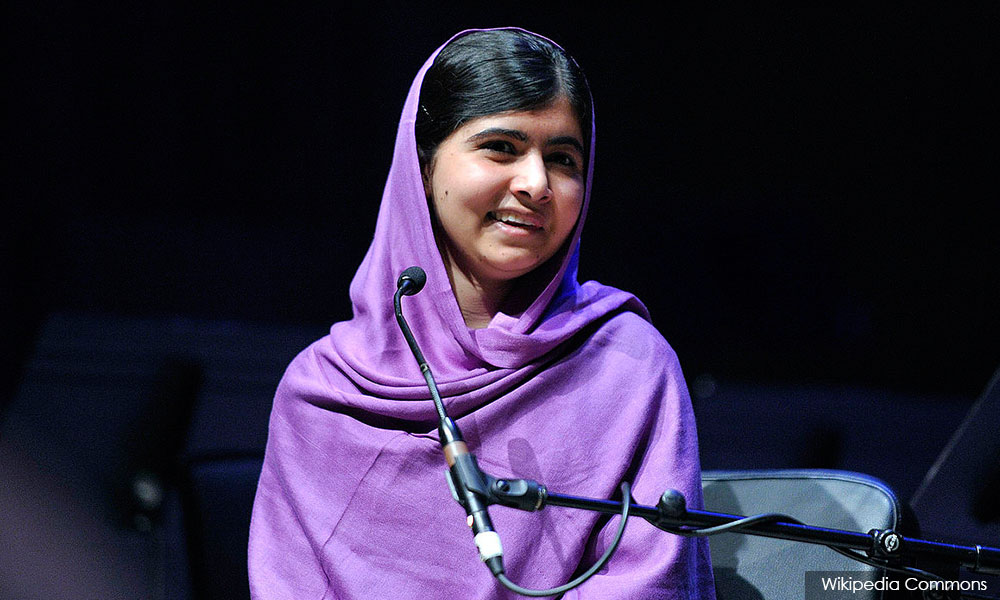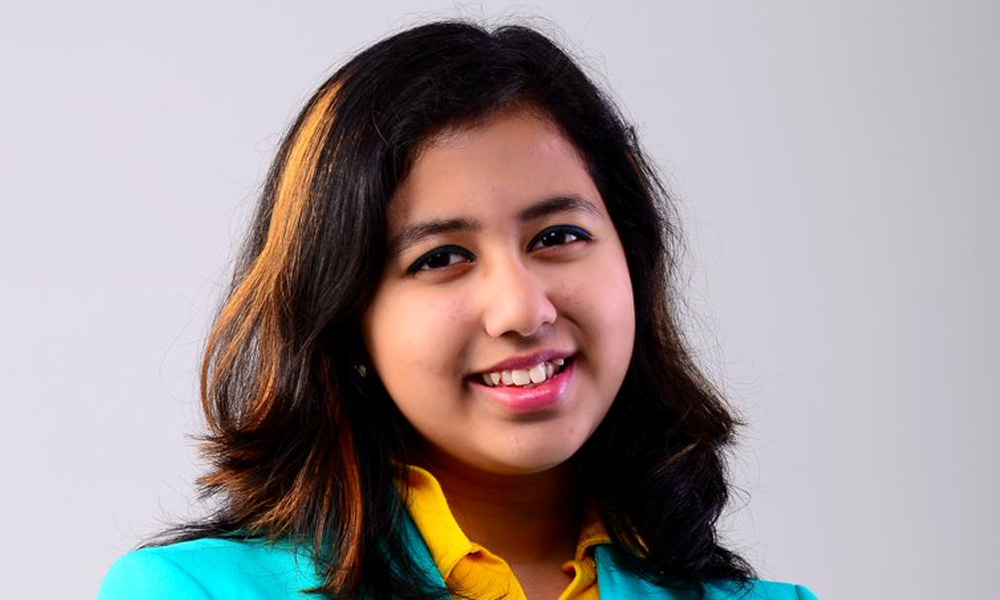LETTER | Many people the world over will recognise Yousafzai Malala from Pakistan instantly. She spoke against the Taliban and publicly campaigns for girls to go to school.
She was shot at by a masked gunman but survived after multiple surgeries and months of rehabilitation. On her 16th birthday, she made her first public appearance at the United Nations (UN). Subsequently, the UN declared July 12 “Malala Day” and she promised to dedicate this day to shine a spotlight on the world’s most vulnerable girls. Later, she set up Malala Fund, an organisation dedicated to giving all girls access to education.
In 2014 she and Indian activist Kailash Satyarthi won the Nobel Peace Prize, becoming the youngest-ever Nobel Laureate.

Last week, I was given an opportunity to attend the Tuanku Bainun Young Changemakers Awards 2017 (YCMA) prize-giving ceremony at Pusat Kreatif Kanak Kanak Tuanku Bainun in Kuala Lumpur. The awards ceremony was graced by Raja Permaisuri Perak Tuanku Zara Salim.
The Young Changemakers is a celebration of young people who are making positive and direct social and environmental impact through initiatives and projects that they've started within their communities i.e. creating superheroes aged 6 to 15 years old. The awards recognises these young changemakers to enable their stories to be heard and inspire other children to change the world.
In the group category, the winner is a team of students from SMK Tamparuli. They proposed a project to deliver filtered water to rural communities in Tamparuli, Sabah. Not only did they come up with the idea, they also raised money to fund the project that solved the water woes of the more than 2,000 villagers.
In two individual categories, a 12 year-old from Seri Kembangan and a 13 year-old from Kajang won. The former raised funds to buy a piano for his school in Putrajaya and the latter created Zoogle, an educational interactive app.
All ten finalists had brilliant ideas and are very resourceful. It warms my heart and I am quite sure we can produce our own Nobel laureate soon.
At the ceremony, I had the chance to talk to Kehkashan Basu.

Though she is only 17, she is also the founder the youth organisation, Green Hope UAE which seeks to provide a networking platform for children and youth around the region to carry forward the Rio legacy.
She is also a climate justice ambassador for Plant-for-the-Planet, a youth ambassador for the World Future Council and an active member of United Nations Major Groups for Children & Youth (UNCSD MGCY). Having won several quiz, art, poetry and photography competitions, she is also a proficient musician and sings.
Green Hope started as one young girl's initiative is now a sizeable organisation with a management team comprised entirely of children who even use their own pocket money to fund their environmental activities. It has more than 1,000 volunteers in 10 countries around the world.
After the ceremony, I remembered that Malaysia took the big first step by launching a pilot workshop under the Nobelist Mindset programme at the Permata Pintar Centre at Universiti Kebangsaan Malaysia (UKM) in 2013, with the aim to develop the nation's first Nobel laureate by 2020.
Incidentally, a retired Malaysian Armed Forces personnel, Mohd Nasarudin Mohd Yusof - being part of a group - got a chance to fly the Jalur Gemilang high with a Nobel Peace Prize 2013 award for his work at the intergovernmental organisation that ensures member countries adhere to the Chemical Weapons Convention. It may not be an individual achievement but a Malaysian contributed.
Winning a Nobel Prize is perhaps the ultimate recognition for a scientist but as we have seen, not all winners are scientists or researchers including Archbishop Emeritus Desmond Tutu, Mother Teresa and of course, Malala herself.
Last year, the deputy prime minister threw a challenge to our local authors to win the Nobel prize by 2057 (the nation’s 100th anniversary). The government, he promised, would help in any way it could and all parties involved had to put in the effort and not leave it up to the government alone. He urged Malaysian authors to break away from the “cocoon” mentality.
I believe we do not need to wait that long to produce a Nobel laureate. Even if Permata fails to develop the nation's first Nobel laureate by 2020, I have full confidence that our Young Changemakers can deliver and not wait till 2057, InshaaAllah.
But first, the government has to revamp the education system. It is outdated and as I see it, will not prepare future generations for the fourth industrial revolution (IR 4.0).
The Malaysia Education Blueprint 2013-2025 may not be sufficient and fit for purpose. We want the latest in our gadgets, in our cars and in our homes but have we prepared our young ones to be able to produce these things? Many jobs today did not exist ten years ago.
In addition, intellectual discourse is vital to intellectual development. A curb on such activities would do a disservice to all. In today’s environment, there are many challenges that need answers and solutions.
We should nurture rather than hinder or inhibit. Only then, we can break away from the “cocoon” mentality.
YCMA should be given prominence with increased support and better prizes so that our young ones will come up with better initiatives or inventions
What say you?
The views expressed here are those of the author/contributor and do not necessarily represent the views of Malaysiakini.

